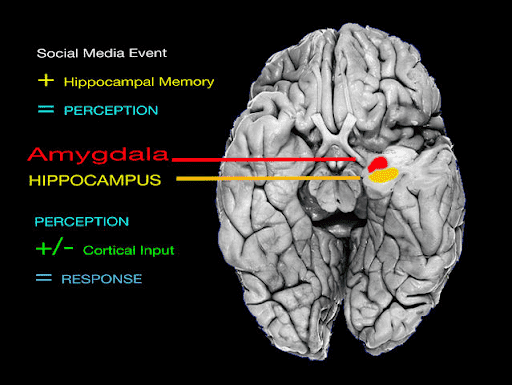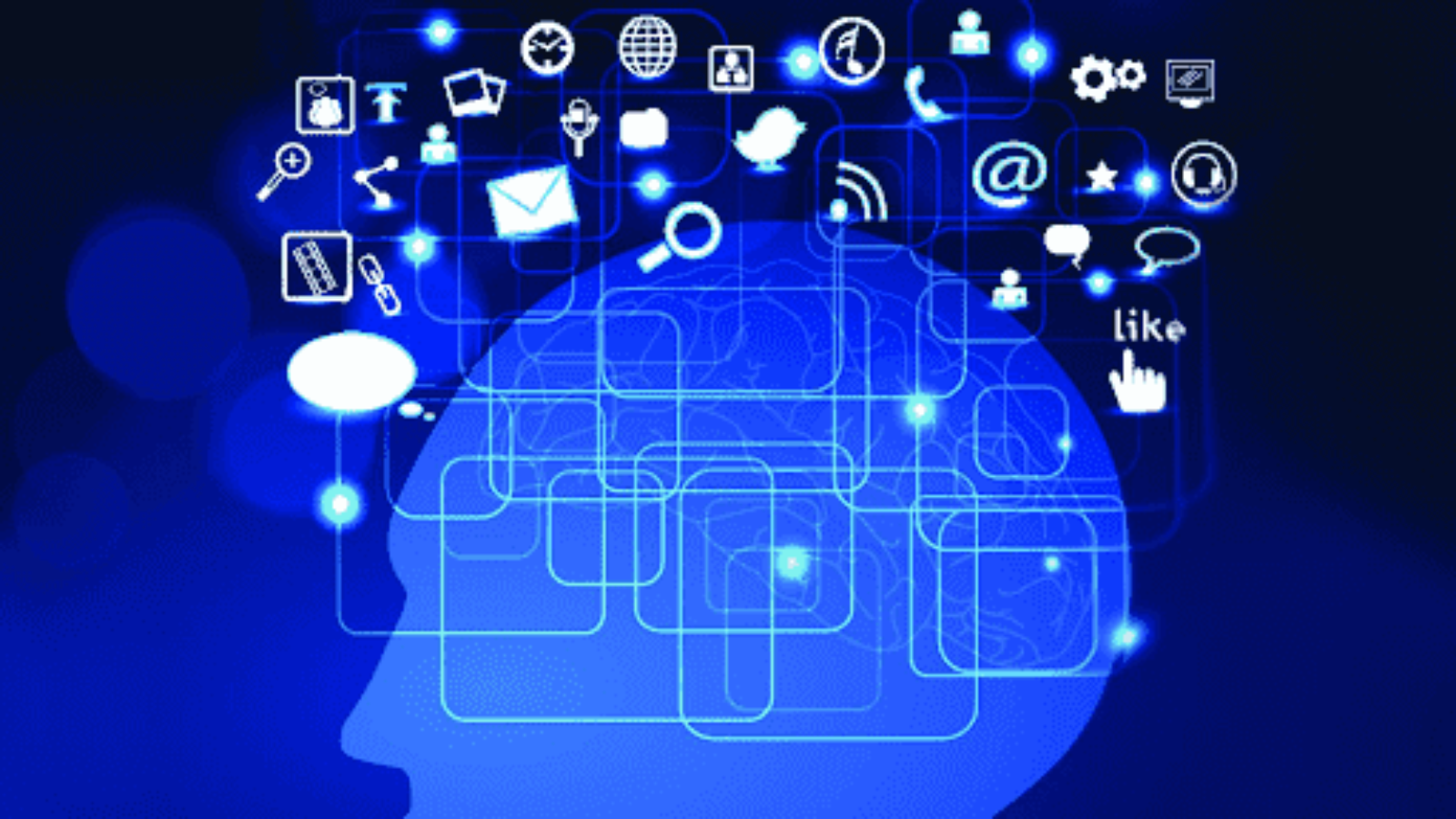
The influence of social media on our brains is intricate and far-reaching. From the exhilarating ping of a notification to the insidious erosion of our attention spans, the digital realm weaves a complex tapestry of effects that can awaken pleasure centers, rewire our focus, and even cast shadows on our self-perception. In a world where tweets and posts hold immense power, examining the multifaceted impact of social media unveils a captivating story that reveals the inner workings of our minds. In today’s world, social media has become a pervasive platform for human interaction, with both beneficial and detrimental impacts on the mind. This article delves into the complex landscape of how social media usage affects the brain, examining the cognitive and emotional aspects that underlie its impact.
Neurotransmitters and dopamine release:
Social media usage triggers and releases dopamine, a neurotransmitter associated with it. This creates a pleasurable sensation similar to accomplishing a task. This pleasurable sensation can be addicting, leading to an increased reliance on social media. Thus, it reinforces the brain’s desire for rewards and can lead to addictive behavior that is identical to substance abuse. Users who receive likes, comments, and positive feedback may become compulsive about checking social media platforms to maintain the pleasurable sensation.
Neuroplasticity and Attentional Change:
Our brains have the incredible ability to adapt and change in response to our experiences. Since social media is constantly changing content, it stimulates our brains to reorganize the neural pathways related to our attention. This is known as neuroplasticity, and it allows us to quickly adapt to our environment. This adaptation is constantly challenging our brains to rewire themselves and can lead to a preference for processing short, visually appealing information. This may alter the neural circuits connected to our ability to concentrate for extended periods. As a result, we may become accustomed to brief engagements, which could make it difficult to focus on tasks that demand deep contemplation.
Social Comparison and the Brain’s Social Circuitry:
Social media can sometimes lead to negative emotions due to the constant comparison of one’s life to the curated online personas of others. This can trigger negative feelings as the brain detects disparities between reality and idealized virtual representations. As a result, the brain can activate regions linked to harmful effects, contributing to feelings of inadequacy, envy, and compromised self-esteem.
Cortisol Response:
Frequent use of social media, particularly in negative situations or comparing yourself to others, causes the brain to respond to stress. This reaction involves the hypothalamic-pituitary-adrenal (HPA) axis to activate, which results in the release of stress hormones such as cortisol. This constant release of stress hormones can have detrimental effects on memory, learning, and emotional regulation. Continual exposure to upsetting content, such as unsettling news or online conflicts, can worsen stress levels and negatively impact overall well-being.
Impact on Adolescent Brain Development:
Adolescence is a crucial period for the ongoing development of the brain, especially in areas related to decision-making, impulse control, and emotional regulation. Overuse of social media during this developmental phase can interfere with the brain’s structural and functional connectivity. Heavy social media use among adolescents may result in changes to brain regions that are responsible for self-regulation and social cognition, which could potentially influence their socio-emotional development.
The fusion of social media and the brain underlines a complex connection that shapes cognitive, emotional, and developmental processes. Grasping the interplay between neurotransmitter modulation, neuroplasticity, social comparison, and stress response. In a time where social media is the norm, understanding the brain’s response to social media empowers individuals to better understand.

Sources:
https://www.ncbi.nlm.nih.gov/pmc/articles/PMC6502424/
https://neulinehealth.com/how-social-media-affects-your-brain/
https://bmcpsychology.biomedcentral.com/articles/10.1186/s40359-023-01243-x
The Influence of Social Media: How Likes and Follows Impact Our Behaviors


Good post. I learn something totally new and challenging on sites I stumbleupon every day. Its always helpful to read through content from other writers and use a little something from other sites.